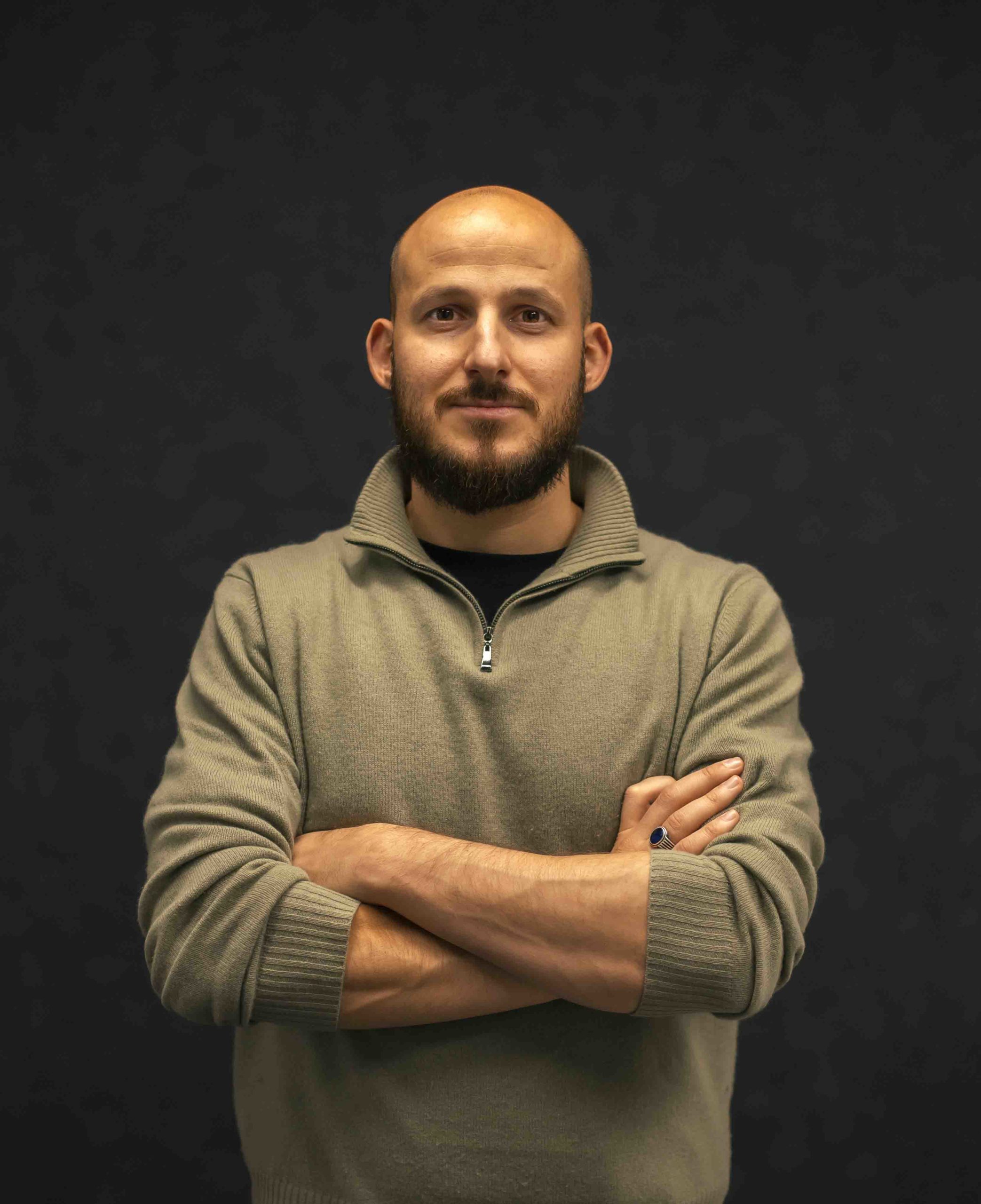Kevin Monserrat is the CEO of Consilience Ventures, a disruptive new collaborative community connecting capital, growth companies and business expertise.
For too long, the traditional Venture Capital model has been portrayed as the darling of our start-up economy.
Lauded as the lifeblood of budding innovators and pioneers, traditional VC unlocks an abundance of growth and opportunity for enterprising tech companies heralding in ground-breaking change. Or so the conventional narrative goes.
In reality, 95% of Venture Capital-backed start-ups are not profitable, and 75% will fail – never to return any cash to investors. They are startling statistics, and a telling insight that the big VC firms hope will never see the light of day.
Beneath the polished surface lie three key faults at the heart of the traditional VC offering.
Firstly, start-ups, investors and experts’ interests and agendas are not aligned. Start-ups desire a high valuation and have little incentive to share their most profound worries or pain points with their backers. The investors meanwhile naturally seek reduced risk and lower valuations, whilst the experts find working in start-ups a story of long hours, low pay and high risk.
Secondly, the process to raise capital is a massive distraction for founders, who can spend up to 60% of their time on future funding rounds and face unwanted “strings attached” from VC firms. This lengthy and consuming process leads little time for strategic growth.
Thirdly, the current model continues to value returns over the value companies offer society. Investment will find itself into a profitable fintech company before a bio-tech company that can save lives; VC is blindly focussed on finding the next Airbnb or Uber, not sustainably investing.

We must therefore question the very fundamentals of how the start-up investment industry operates.
We must always remember that start-ups require effective ways to raise capital, a robust and trusted network that provides resources to grow a business and most importantly, time.
Investment models of today should therefore set out to design a financial ecosystem that can provides a community for carefully selected start-ups, investors and experts. Much more should also be done to make venture capital a democratic and transparent enterprise, underpinned by technology to improve accessibility and efficiency.
Our model at Consilience Ventures for examples is based around a blockchain token – a tool to keep track of ownership between the community. These tokens are exchanged like shares in a company, either for cash or to pay consultants, creating the opportunity for liquidity for the hundreds of investors and start-ups.
Near-instant liquidity means that investors bear much less risk because they have greater control over their ability to realize returns, while companies themselves are able to raise more in the absence of illiquidity. And with the risk pooled into every start-up in the ecosystem the, investment is more democratic and less risky than just putting all the money in a single company.
Greater use of AI technology also improves the investment decision process – firstly by making it more transparent, and secondly by making it more democratic through the reduction of human bias and favouritism.
All too often, those investing the greatest amount into a start-up will have the strongest influence. An alternative approach is to democratically vote for those start-ups to be invested in, with a community – comprising not just of investors but also of industry experts – underpinning the relationship between fund and start-up. In this sense, every stakeholder shares in the success of the fund, whether through their investment or expertise.
Finally, rather than looking for a quick buck and a simple exit, the VC community can work to place a greater focus on both sustainable and more patient investing. The ‘instant return seekers’ as I like to call them have the potential to cripple start-ups from the inside. They import toxicity into the company by failing to understand the nature of the setback, which inevitably occur, and are simply profit driven. Consequentially, such investors begin to fight with the founders and instead of working together constructively to solve a problem they argue over it. This toxic environment can kill a start-up.
By offering a community and network-based structure – in which capital and returns can be democratically raised and paid, in which expertise can be duly rewarded, and in which the societal value of a company is patiently given as much consideration as the prospect of a quick profit – venture capital can transform itself into a more level playing field, for start-ups and investors alike.

